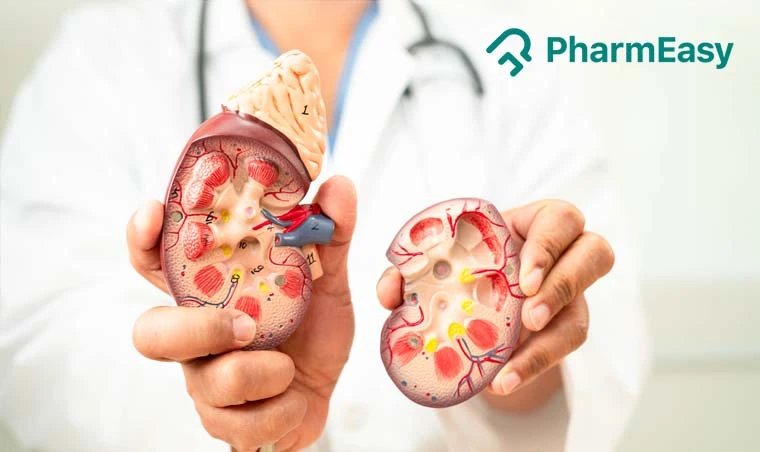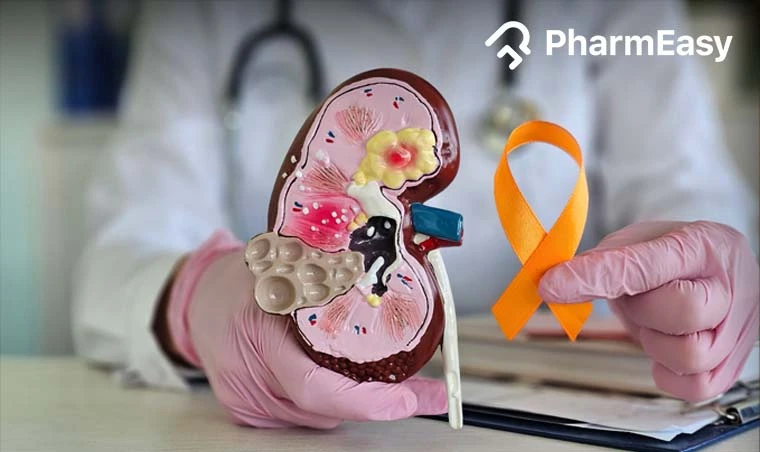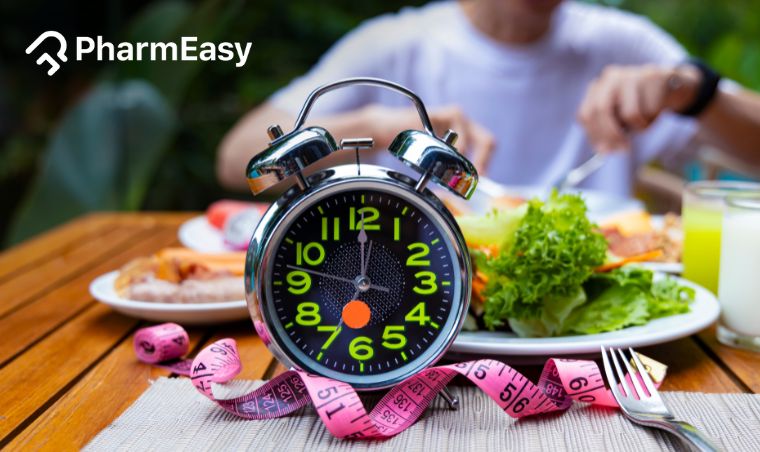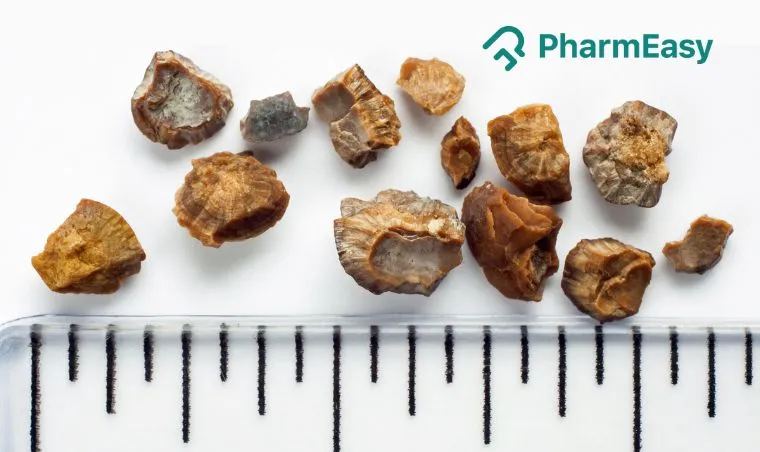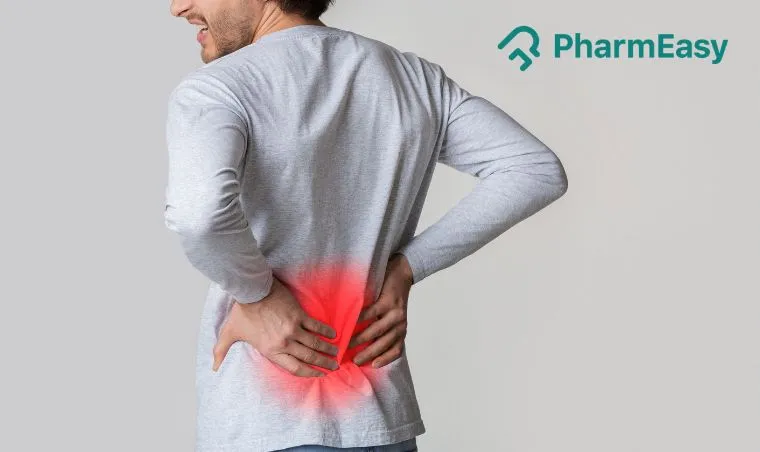Teniva 10 Mg Tablet 10
Description
Teniva Tablet is an anti-diabetic medicine. It contains teneligliptin. The medicine is used for the treatment of type 2 diabetes mellitus. The dose and duration of the medicine will be decided by the
treating doctor. Take with or without food. Before initiating the treatment with the medicine you must let the doctor know about the complete medical history. Individuals with high blood sugar or diabetes are at risk of getting health complications like eye, kidney and nerve problems, heart diseases and stroke if not controlled well. It is advisable along with taking the diabetes medications as prescribed by the doctor you must make certain lifestyle modifications. Regular exercise, following a low carb diet, avoid smoking, limit alcohol consumption and maintain a healthy weight. You must check your blood sugar levels.
Product Summary
| Offer Price | ₹118.26 |
| You Save | ₹43.74 (27% on MRP) |
| Contains | Teneligliptin(10.0 Mg) |
| Uses | Type II diabetes mellitus |
| Side effects | Low blood sugar, headache, constipation, diarrhoea |
| Therapy | ANTI-DIABETIC |
Uses
Contraindications
- If you are allergic to teneligliptin or other ingredients of the medicine.
- If the diabetes is uncontrolled and complications like ketosis (serious metabolism-related problem), diabetic coma or pre-coma develops.
- If you are undergoing surgery or suffer from a serious physical injury and insulin injection is used to control blood sugar.
Side effects
- Low blood sugar
- Dizziness
- Diarrhoea
- Headache
- Increased body temperature
Precautions and Warnings
Pregnancy
Breast Feeding
Driving
Alcohol
Other General Warnings
- You have liver and kidney disorders.
- You have a known history of pancreatitis or you develop pain in the stomach or back, stop the medicine and report to the hospital.
- You are malnourished, dieting, taking an irregular meal, doing vigorous muscle exercise and consuming too much alcohol, then you may experience low blood sugar.
- You have undergone surgery on the stomach or intestine.
- You suffer from heart problems like irregular heart rhythm and heart failure as it may increase the symptoms further.
- You are taking other medicines to treat diabetes like insulin and glimepiride, caution is needed as there is a fall in blood glucose.
Mode of Action
How Does It Work?
- When we eat, glucose concentration increases in the body. In response to that small intestine increases the release of a chemical called incretins. These controls blood glucose. These are degraded by an enzyme called DPPP-4. Teneligliptin inhibits the action of DPP-4 enzymes and slows down the rapid degradation of incretins....
- It increases insulin synthesis by the pancreas and decreases glucagon levels which are a counter-hormone of insulin, decreases blood sugar levels.
Directions for Use
Interactions
Interactions with other medicines
- You may have symptoms of low blood sugar if you are taking other medicines for diabetes, medicines used to treat psychiatric illness, medicines for fever and pain (salicylates like aspirin) and other medicines used to treat high blood pressure. ...
- Medicines like steroids, adrenaline and medicines used for thyroid disorders like thyroxine if taken along increases blood sugar.
- Medicines used for the treatment of heart rhythm disorder must be used carefully while taking the medicine. Inform the doctor about the medicines, herbals, supplements you are taking or might take to avoid possible interaction....
Storage and disposal
- Store below 25°C protected from moisture, sunlight and heat.
- Keep it away from children and pets.
Dosage
Overdose
Missed a Dose
Content Details
Dr. Alok Nachane
MBBS, MD (Pharmacology)
Dr. Ritu Budania
MBBS, MD (Pharmacology)
Frequently Asked Questions (FAQs)
Q: What lifestyle modifications do I need to consider to manage diabetes?
- The disease cannot be cured completely. You have to control it by making few lifestyle modifications.
- Plan your diet, limit carbohydrate and sugar intake, exercise regularly and monitor the blood glucose regularly.
- Along with this take the anti-diabetic medication and at the same time for effective blood glucose control.
Q: What is hypoglycemia?
Q: What are the signs and symptoms of hypoglycemia?
References
- Torrent Pharmaceuticals. TENEPURE – Teneligliptin Tablets I.P. [Internet]. [cited 2025 Sep 24].
- CDSCO [Internet]. Cdscoonline.gov.in. 2025 [cited 21 Apr 2025]
- Sharma SK, Panneerselvam A, Singh KP, Parmar G, Gadge P, Swami OC. Teneligliptin in management of type 2 diabetes mellitus. Diabetes Metab Syndr Obes.2025 [cited 21 Apr 2025]
Did you find this medicine information helpful?
Please rate your experience











